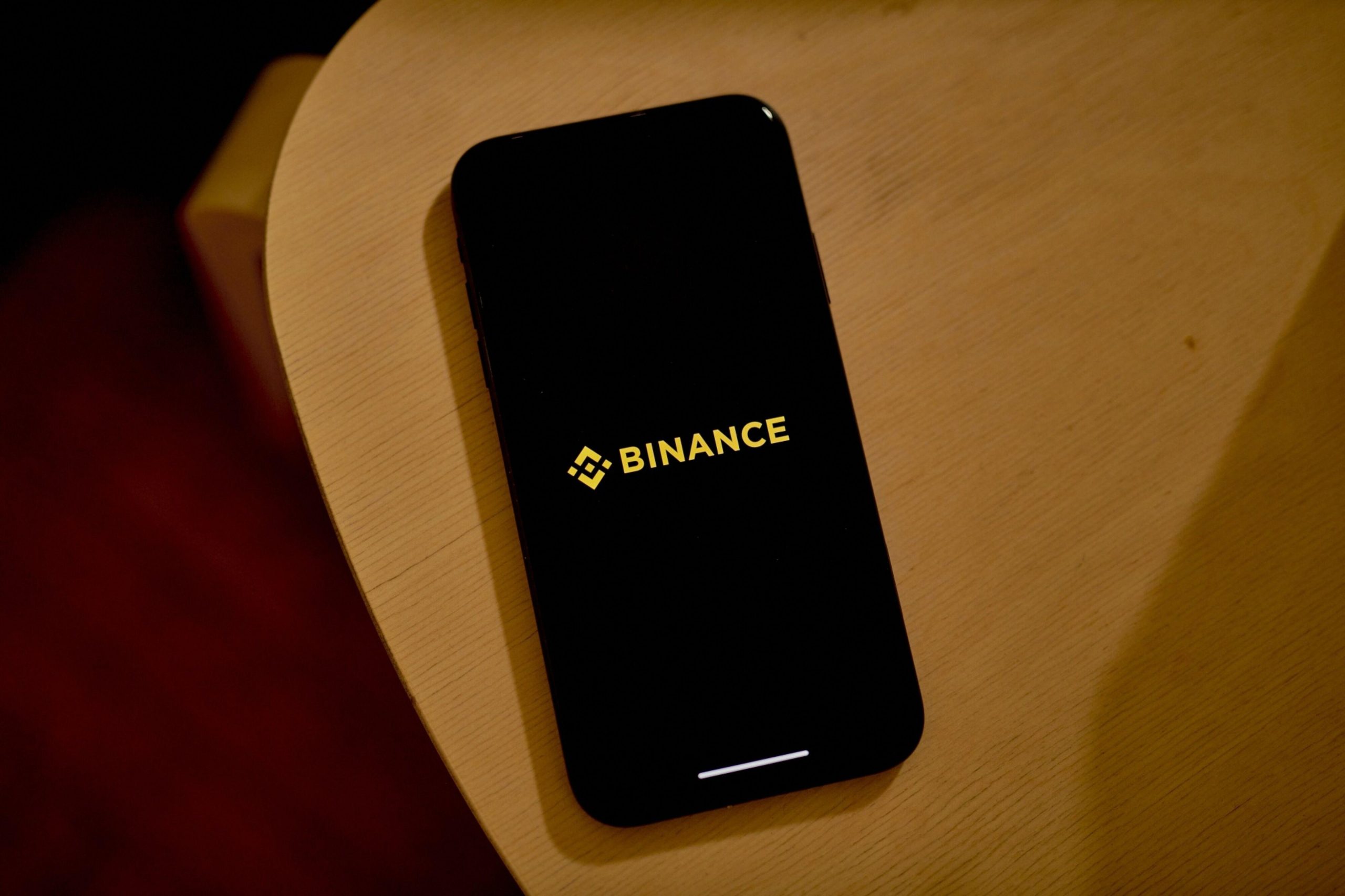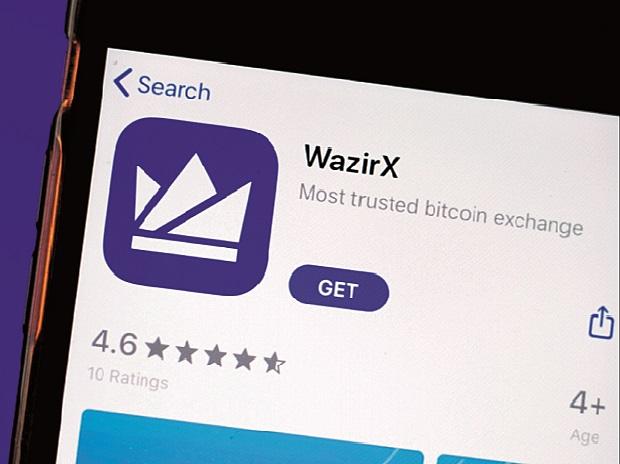)
Binance (Photo: Bloomberg)
By Sidhartha Shukla and Suvashree Ghosh
When Binance Holdings Ltd. acrimoniously split with its Indian affiliate WazirX in 2022, the world’s largest cryptocurrency exchange looked near-invincible in the local market while WazirX was flailing. A government crackdown on offshore platforms has abruptly reversed the competitive dynamics.
Since Indian authorities in late December began restricting access to Binance and other foreign crypto exchanges operating there without local registrations, traders have flocked to domestic rivals like WazirX. Many of them are moving deposits across from Binance, according to the local venues.
It’s a welcome reprieve for WazirX and competitors like CoinDCX and CoinSwitch Kuber, which were pummeled by a 2022 taxation regime that drove traders to offshore exchanges. They appear poised for further gains after Apple Inc.’s App Store this week took down the apps of Binance and seven other foreign exchanges after a request from India’s government.
Deposit inflows at WazirX jumped about 250 per cent in the four days following India’s Dec. 28 compliance show-cause notice to nine offshore platforms, compared with the four days leading up to it, according to the company. CoinDCX reopened for deposits right after the event and they immediately began pouring in, CEO Sumit Gupta said.
WazirX and Mudrex estimated that roughly 70 per cent of their fresh inflows came from Binance, while CoinDCX put the figure at around 40 per cent.
Binance said it’s “working hard to inform constructive policy-making that seeks to benefit every user and all market participants,” repeating a statement it made after the App Store removal. It didn’t respond to questions on deposit outflows.
)
Chart
India’s government moved against offshore exchanges after months of lobbying by local competitors who argued that fresh taxes unveiled in 2022 created an unfair playing field. The late-December notice from India’s Financial Intelligence Unit said the nine exchanges are operating illegally in India without complying with anti-money laundering provisions introduced last year, inviting them to explain how they are in compliance.
The FIU also asked the information ministry to block the nine platforms’ websites locally. On Friday evening, their URLs were not working in India. Their apps are still available on Google Play in India.
The picture is more nuanced when it comes to trading volumes, which the Tax Deducted at Source that took effect in 2022 almost wiped out.
WazirX said volumes haven’t budged much, while CoinDCX said the slight uptick it’s noticed in the past two weeks may be more due to overall bullish crypto sentiment. CoinSwitch, however, said trading volumes on its platform jumped 30-35 per cent in the week following the FIU notice to offshore rivals. Like CoinDCX, CoinSwitch reopened for deposits after the FIU action.
China Tensions
Esya Centre, a New Delhi-based think tank, wrote to India’s Ministry of Home Affairs in late October arguing for restrictions to be put on offshore crypto exchanges that don’t abide by anti-money laundering regulations. It pointed out that seven of those platforms have Chinese origins or founders, according to a copy of the letter seen by Bloomberg. Esya Centre declined to comment.
)
Bloomberg
Alluding to China, India’s main geopolitical rival in Asia, may have touched a nerve.
In 2020, India banned 59 Chinese apps including TikTok amid border tensions then in the Himalayas. It banished another 232 Chinese apps last year in a sign that relations remain fraught between the two nations.
“The current developments too are reflective of India’s ongoing scrutiny of incoming Chinese investments and the operation of Chinese companies within the country,” Sana Hashmi, a visiting fellow at the Taiwan-Asia Exchange Foundation who focuses on the foreign relations of India, China and Taiwan, said about the clampdown on offshore crypto exchanges.
First Published: Jan 13 2024 | 9:27 AM IST
Note:- (Not all news on the site expresses the point of view of the site, but we transmit this news automatically and translate it through programmatic technology on the site and not from a human editor. The content is auto-generated from a syndicated feed.))



